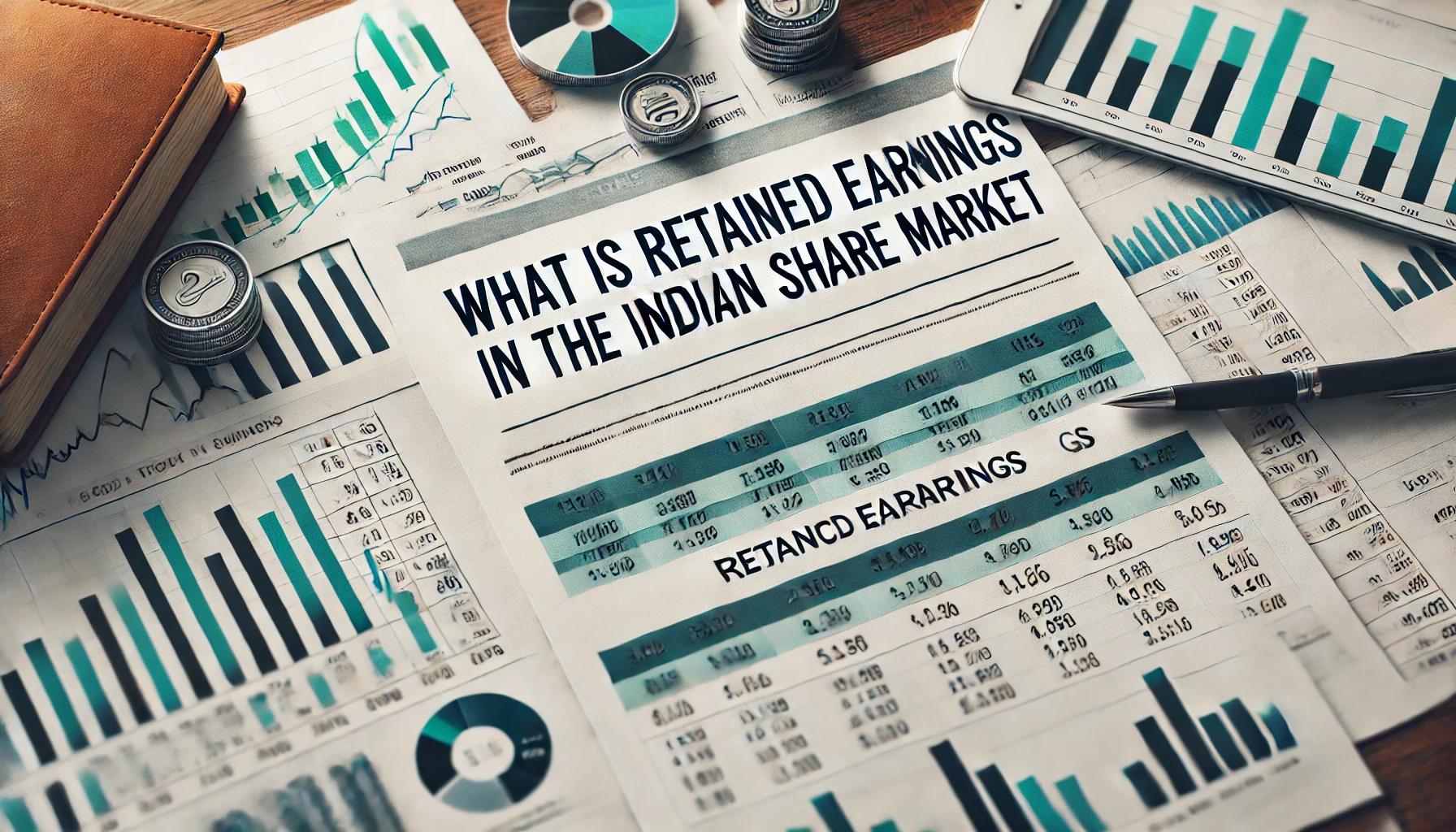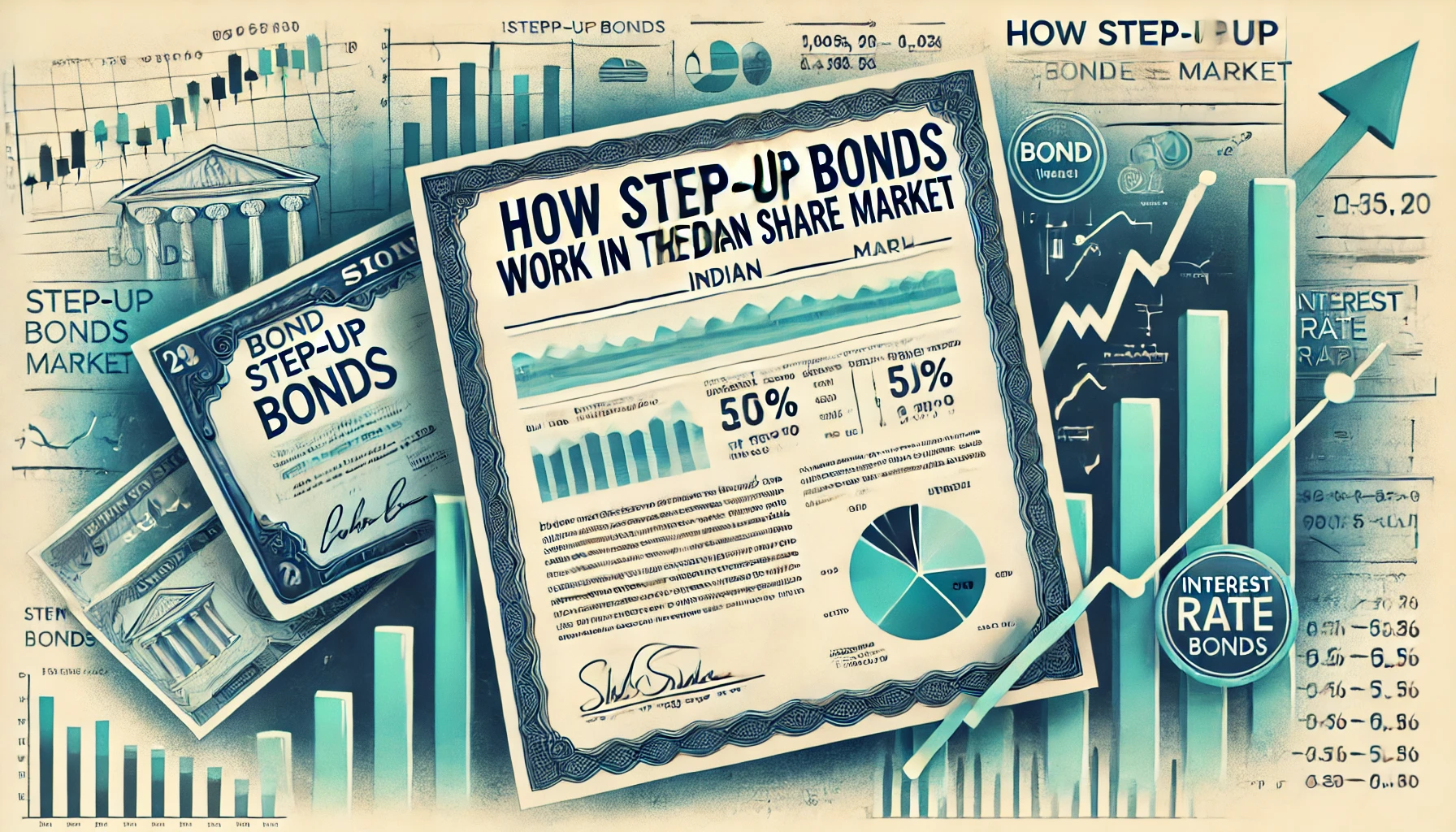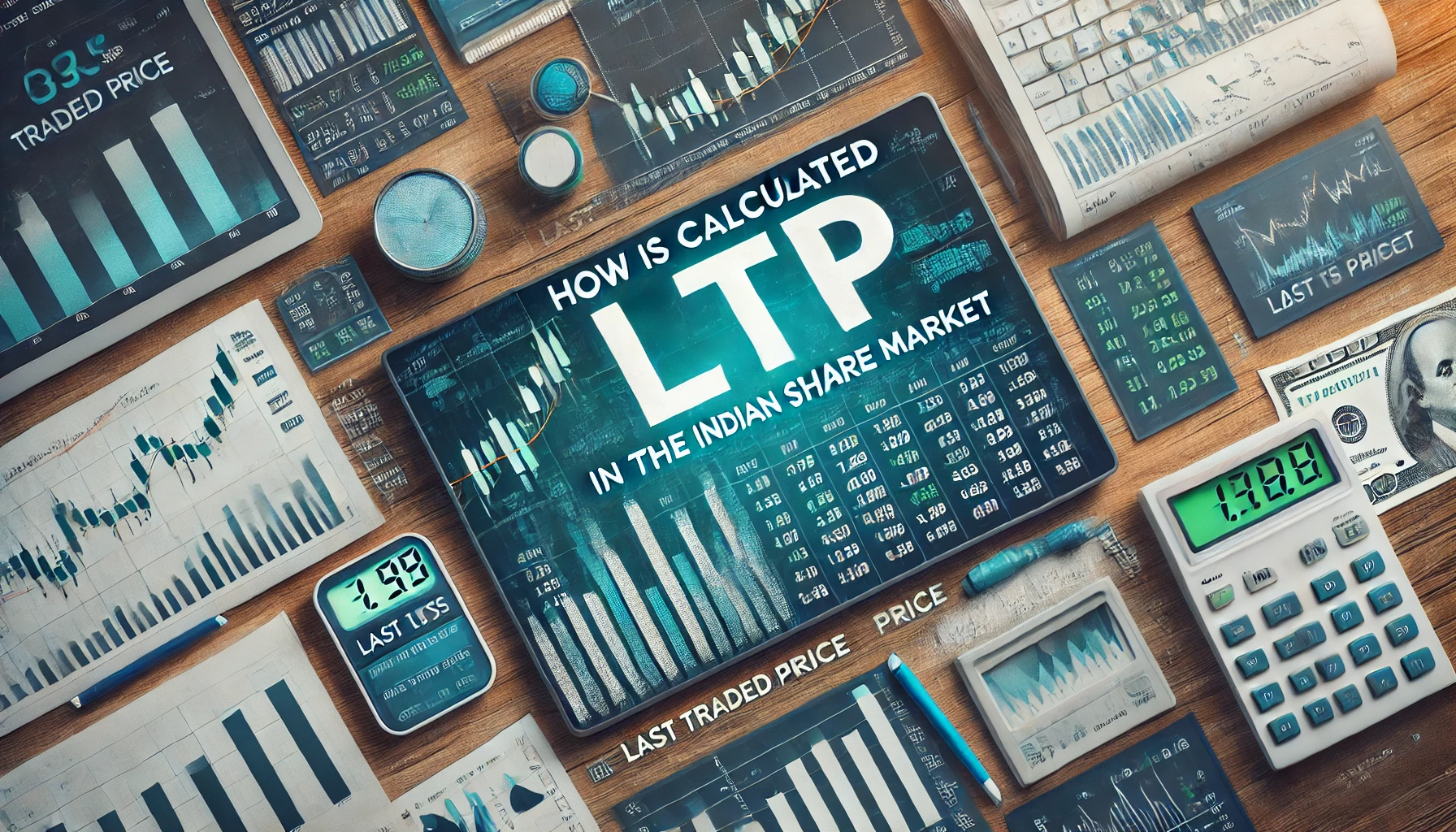Domestic Institutional Investors (DIIs) are financial entities such as mutual funds, insurance companies, banks, and other institutions that invest in the Indian stock market using funds collected from domestic sources. Their investment decisions significantly influence market trends, liquidity, and investor sentiment.
DIIs are pivotal to stabilizing market dynamics, especially during volatile phases. Understanding their role and impact can provide valuable insights for both individual and institutional investors.
Characteristics of Domestic Institutional Investors (DIIs)
- Sources of Funds:
- Funds are sourced from domestic investors, including retail investors, high-net-worth individuals, and corporates.
- Regulatory Oversight:
- Governed by the Securities and Exchange Board of India (SEBI) to ensure ethical investment practices.
- Market Influence:
- DIIs significantly affect stock prices and volumes due to their large-scale transactions.
- Long-Term Focus:
- Tend to have a long-term investment horizon, often focusing on blue-chip stocks and stable sectors.
Types of Domestic Institutional Investors
- Mutual Funds:
- Pool money from individuals and institutions to invest in equities, bonds, and other securities.
- Insurance Companies:
- Use policyholder funds to invest in safe and profitable assets, including equities and bonds.
- Banks:
- Engage in equity and debt investments to optimize returns on surplus funds.
- Pension Funds:
- Invest in stable and long-term securities to provide returns to retirees.
Historical Trends of DIIs in India
Timeline of DII Growth
| Year | Event | Impact |
|---|---|---|
| 1992 | SEBI established | Provided regulatory framework for DIIs |
| 2000 | Mutual funds gained popularity | Increased domestic participation in the equity market |
| 2015 | DIIs surpassed Foreign Institutional Investors (FIIs) in net investments | Showcased the rising confidence of domestic investors |
| 2020 | COVID-19 pandemic | DIIs played a key role in stabilizing market volatility |
DII Investment Trends (2015-2024)
| Year | DII Net Investment (INR Cr) | Market Impact |
|---|---|---|
| 2015 | 70,000 | Stabilized markets post-global turmoil |
| 2020 | 1,40,000 | Countered heavy FII outflows during COVID |
| 2023 | 1,90,000 | Sustained bullish trends |
Role of DIIs in the Indian Stock Market
- Market Stabilization:
- During volatile periods, DIIs provide much-needed liquidity, countering foreign investor outflows.
- Confidence Building:
- High DII investments indicate robust domestic sentiment, encouraging retail participation.
- Sectoral Focus:
- DIIs often prioritize sectors like banking, IT, and FMCG, influencing sectoral indices.
- Institutional Advocacy:
- Advocate for corporate governance, sustainability, and long-term growth.
DIIs vs. FIIs: A Comparative Analysis
| Aspect | Domestic Institutional Investors (DIIs) | Foreign Institutional Investors (FIIs) |
|---|---|---|
| Source of Funds | Domestic | International |
| Regulatory Body | SEBI | SEBI, RBI |
| Investment Horizon | Long-term | Short to medium-term |
| Market Impact | Stabilizing | Volatile |
Case Study: DII Performance During the COVID-19 Pandemic
During the pandemic, FIIs pulled out approximately INR 1.4 lakh crore, creating massive volatility. DIIs stepped in, investing nearly INR 1.5 lakh crore, stabilizing the market and preventing a deeper crash. Their focus on banking and IT sectors helped maintain index strength.
Insights:
- DIIs prioritized value stocks.
- Long-term strategies mitigated panic selling.
- Domestic retail investors followed DII trends, showcasing their market influence.
Challenges Faced by Domestic Institutional Investors
- Regulatory Hurdles:
- Frequent changes in SEBI regulations can create compliance challenges.
- Market Volatility:
- Global factors like geopolitical events and currency fluctuations indirectly impact DII investments.
- Liquidity Constraints:
- Dependence on domestic savings limits the liquidity pool.
- Competition with FIIs:
- FIIs often drive short-term market trends, overshadowing DII efforts.
Strategies for Retail Investors to Follow DII Trends
- Analyze DII Reports:
- Track monthly investment data released by SEBI.
- Focus on DII-Preferred Sectors:
- Banking, IT, and FMCG sectors are often favored by DIIs.
- Leverage Mutual Funds:
- Invest in mutual funds that replicate DII strategies.
- Monitor Net Investment Trends:
- Rising DII net investments typically signal bullish markets.
Conclusion
Domestic Institutional Investors play a critical role in shaping the Indian share market. Their long-term investment strategies provide stability and confidence, making them a cornerstone of market dynamics. By understanding their influence and tracking their investment patterns, retail investors can align their strategies for better outcomes.
This comprehensive guide sheds light on the significance, history, and impact of DIIs, helping readers navigate the complexities of the Indian share market with greater clarity.


























































